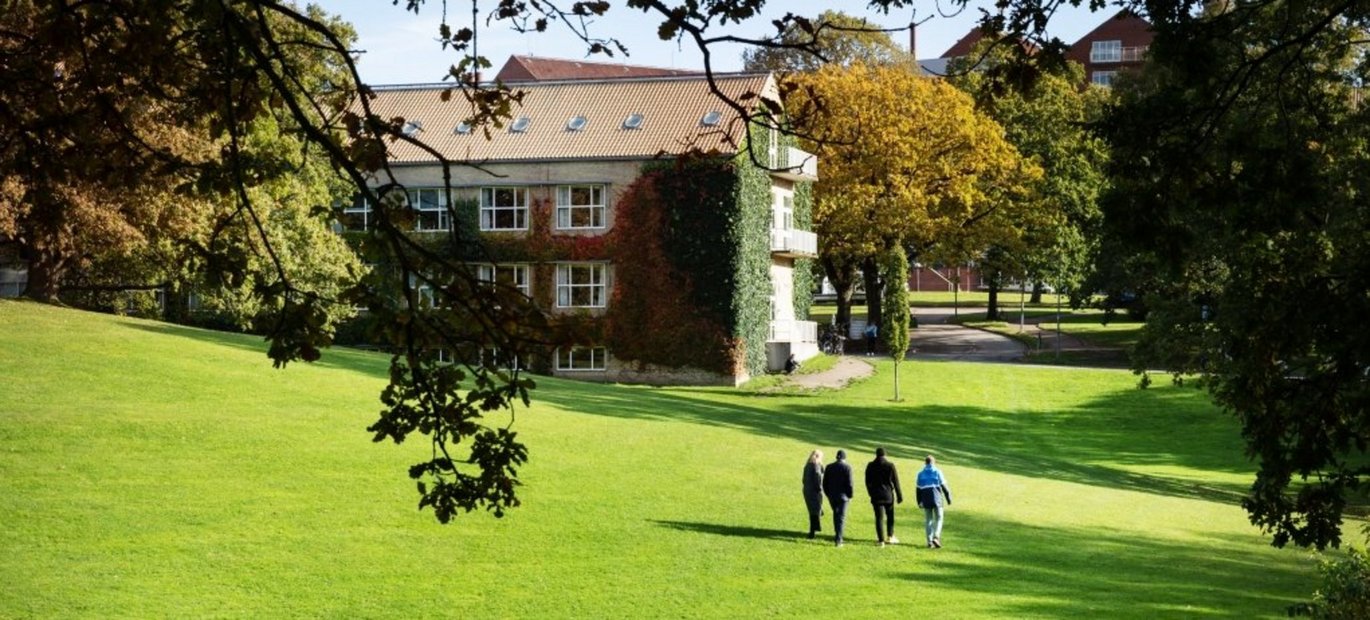Good marks for AU’s graduate schools
Aarhus University's graduate schools are well-organised and of internationally high quality. However, according to a new international evaluation of Aarhus University's five graduate schools, it is important that the graduate schools improve their structural frameworks to promote well-being and counteract loneliness.

Aarhus University has brilliant PhD students and graduates, and the graduate schools are well-organised and generally support the quality of the PhD programmes.
These are the main conclusions of the international evaluation of PhD programmes carried out at AU this autumn and which AU must complete every five years, according to the University Act.
Anne Marie Pahuus is vice-dean and chair of the heads of Aarhus University graduate schools. She explains that the evaluation is an important quality check of the PhD programmes at Aarhus University.
"As heads of the graduate schools, one of our tasks is to attract international interest in our PhD programmes, as our PhD graduates have to be attractive internationally, both inside and outside the university sector. The evaluations noted the quality of the supporting structures provided by AU as a whole. The evaluation also noted our excellent research environments that ensure ample opportunity to add an international tone to PhD programmes,” she says.
AU or Harvard
PhD student Kenneth Toah Nsah from the School of Communication and Culture participated in the visit by the evaluation panel:
"The graduate school at Arts has all that it takes to continue to innovate and stay globally competitive. The international evaluations of the graduate schools are commendable quality mechanisms to helps us maintain and improve our enviable world-class status in research and teaching. Indeed, as I told the evaluation team, I could turn down an offer from Harvard to repeat my Aarhus PhD experience," says Kenneth Toah Nsah.
More focus on well-being
The five evaluations also show that there are weaknesses that require the individual graduate schools attention, for example clearer communication from management, better representation of PhD students in committees and more focus on well-being and loneliness, especially in PhD programmes spread across different geographic locations. PhD student Pernille Louise Kjeldsen from the Department of Clinical Medicine and the Department of Nuclear Medicine & PET Centre, Aarhus University Hospital, is vice-chair of the PhD committee at the Faculty of Health at AU. She also participated in the visit by the evaluation panel:
"I hope the graduate school at Health will consider the points that were raised concerning the call for better communication from the graduate school to PhD students on important matters, changes and options, as well as the need for quality assurance of supervision given to PhD students. And perhaps most importantly, the essentiality of ensuring and improving PhD students’ well-being - also beyond surveys and interviews,” she says.
We need to clarify the paradoxes in PhD degree programmes
Anne Marie Pahuus stresses that Aarhus University needs to increase efforts at the inter-faculty level to ensure the PhD programmes of the future.
"We need to make it easier to work across academic disciplines, and we must ensure that, regardless of where you’re from, a degree from AU means that you can communicate broadly, carry out in-depth research, display independence and possess a strong ability to collaborate with others," she says.
The evaluations of the graduate schools have been discussed by the heads of the graduate schools and the local PhD committees. In early 2022, the individual graduate schools will prepare follow-up plans that they will discus with the rector. Following this, the heads of the graduates schools will implement the recommendations locally.
Read the five recommendation reports:
Arts
Aarhus BSS
Health
NAT
TECH
International evaluation of the PhD degree programmes at AU
The evaluation is conducted by an international evaluation panel consisting of a chair from another Danish university and two-three senior researchers from universities abroad. The panel prepares a statement on the organisation and quality assurance of PhD programmes at the graduate schools on the basis of graduate schools’ self-evaluation reports and examples of PhD dissertations, course programmes and evaluations, as well as a multi-day visit to each graduate school and interviews with PhD students and heads of graduate schools, among others.
